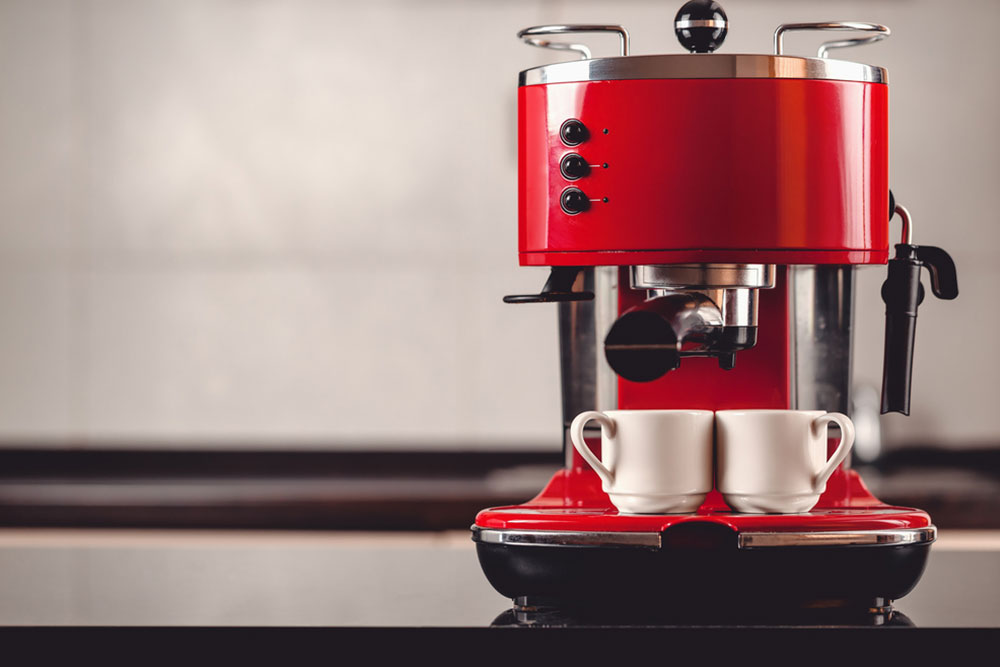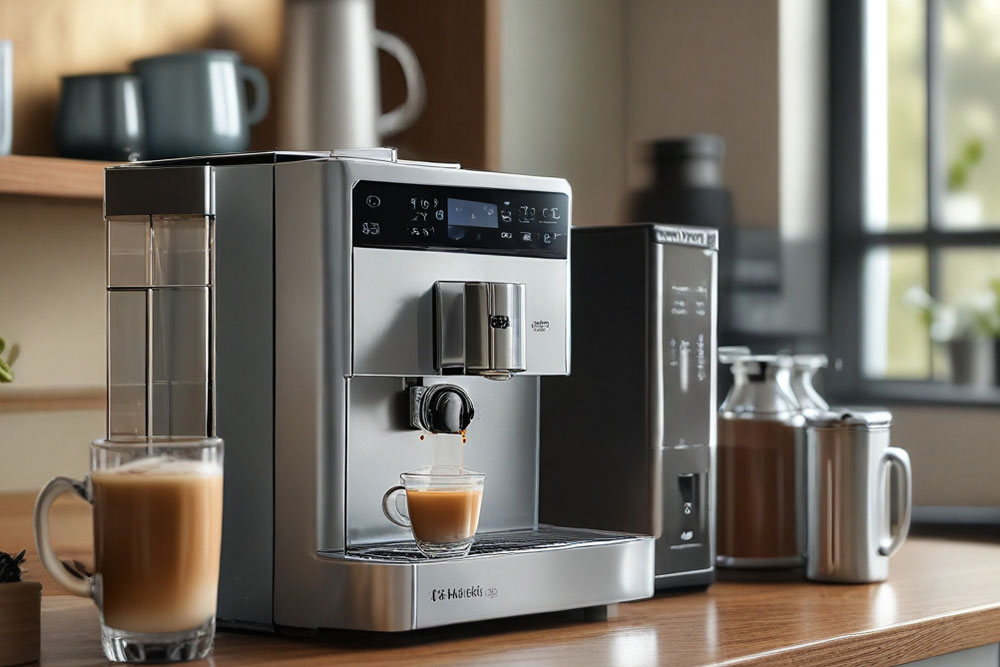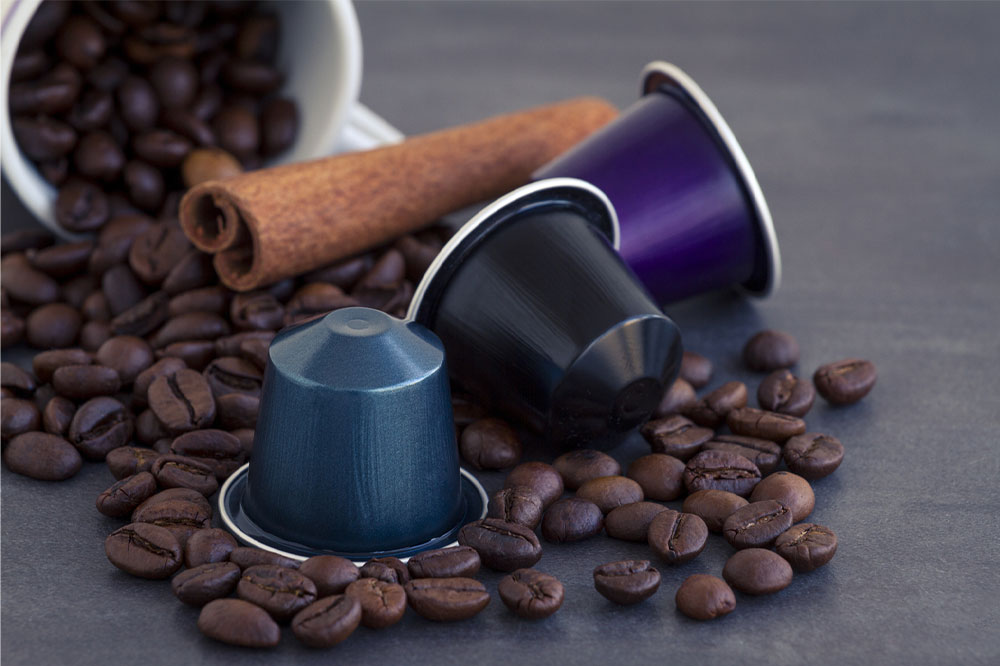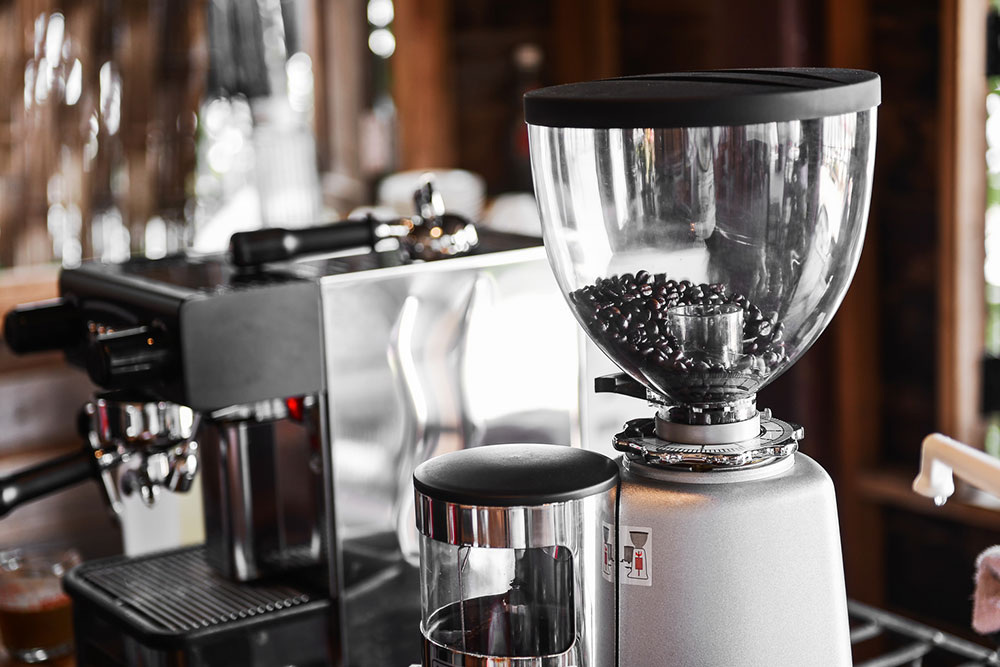Comprehensive Guide to Selecting the Ideal Commercial Espresso Machine for Your Business
Choosing the right commercial espresso machine is vital for coffee shop success. This comprehensive guide covers types, features, pricing, and maintenance tips to help you select the best equipment for your business needs, ensuring high-quality espresso, operational efficiency, and customer satisfaction.
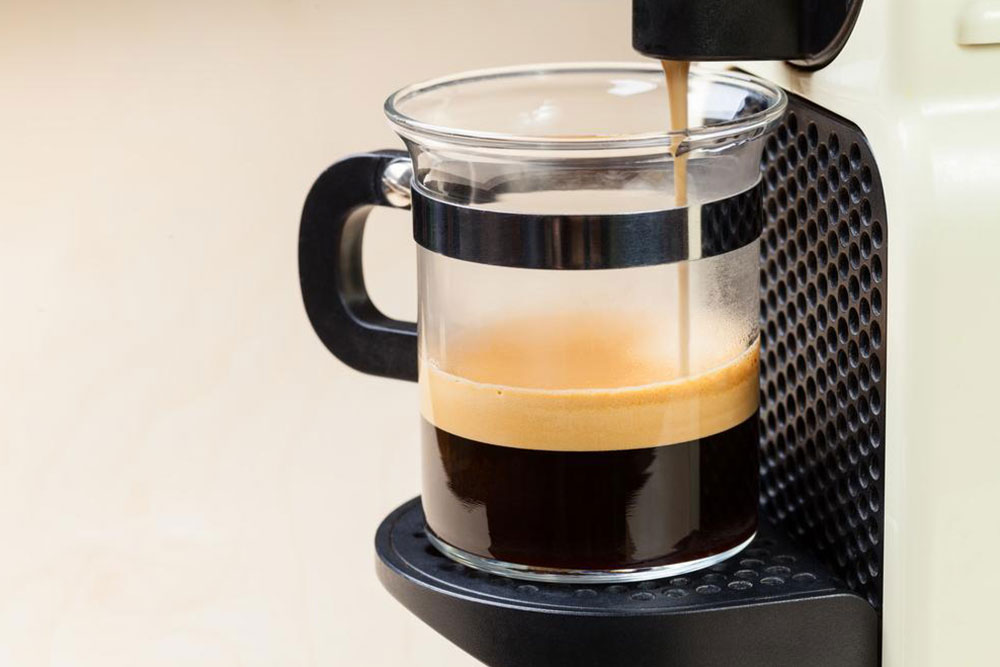
Comprehensive Guide to Selecting the Ideal Commercial Espresso Machine for Your Business
Choosing the right commercial espresso machine is a critical decision for any coffee shop, cafe, restaurant, or hospitality business aiming to serve high-quality espresso beverages consistently. With a multitude of options available in the market, making an informed choice requires understanding various factors such as the size of your operation, your target coffee quality, desired features, budget constraints, and long-term maintenance considerations. This detailed guide aims to help you navigate through the complexities of selecting an espresso machine that aligns perfectly with your business needs, ensuring efficiency, durability, and customer satisfaction.
**Understanding Different Types of Commercial Espresso Machines**
Commercial espresso machines come in several types, each designed to cater to different business scales and operational demands. The three main categories include traditional espresso machines (also known as lever or pump machines), super-automatic machines, and hybrid models.
Traditional espresso machines are the most popular choice among established cafes and specialty coffee shops. They require skilled baristas to operate but offer greater control over the brewing process, allowing for customized espresso shots and nuanced flavor extraction. These machines generally feature a group head, a boiler, and a steam wand for frothing milk, making them versatile and capable of producing a wide variety of coffee beverages.
Super-automatic espresso machines are designed for convenience and speed. They automate most of the brewing process, including grinding, tamping, brewing, and even milk frothing, making them ideal for high-volume establishments and businesses seeking efficiency. These machines require less barista training but may compromise some degree of control over the espresso parameters.
Hybrid models combine features from both traditional and super-automatic machines, offering a balance between customization and automation. Such options are suitable for businesses that want flexibility while also maintaining high throughput.
**Key Factors to Consider When Choosing an Espresso Machine**
To select the most suitable commercial espresso machine, you need to evaluate several critical factors:
Capacity and Production Rate: Determine your daily volume of espresso drinks. Larger machines with multiple group heads can handle higher throughput, essential for busy locations.
Size and Space: Measure your available counter space to ensure the machine fits comfortably without overcrowding your workspace.
Build Quality and Durability: Invest in machines constructed with high-quality materials; commercial units undergo constant use and must withstand heavy workload.
Ease of Use and Training: Consider how much training your staff needs to operate the machine efficiently without errors.
Features and Customization: Look for features such as programmable settings, temperature control, pre-infusion, and steam wand types to suit your specialty offerings.
Maintenance and Serviceability: Check for availability of replacement parts, ease of cleaning, and access to technical support agencies.
Cost and Budget Constraints: Overall costs include purchase price, installation, maintenance, and potential upgrades. High-end models can cost upwards of $40,000, but there are reliable options in the $1,000 to $10,000 range.
**Pricing Range and Budgeting Tips**
The price for commercial espresso machines varies widely based on the features, capacity, and brand reputation. Budget-friendly models suitable for small startups or cafes might start around $1,000 but may lack advanced features, durability, or automation. Conversely, high-end, feature-rich machines can easily exceed $40,000, catering to large-scale operations with complex beverage menus.
When planning your investment, consider not only the initial purchase but also ongoing costs such as maintenance, repairs, and consumables like water filters and coffee beans. It's advisable to seek quotes from multiple suppliers, compare warranty and support terms, and evaluate the total cost of ownership over the machine's lifespan.
**Leasing and Financing Options**
Many businesses opt for leasing commercial espresso machines, which provides financial flexibility and often includes maintenance packages and upgrade options. Leasing can help manage cash flow, especially for startups or expanding businesses. Be sure to review lease agreements carefully regarding maintenance responsibilities, upgrade policies, and end-of-lease options.
**Operational Considerations and Future-proofing**
Alongside initial purchase decisions, consider factors like service availability in your region, repair policies, and the ability to upgrade or expand your machine in the future. Investing in a reputable brand with robust customer support can save you significant downtime and costs in the long run.
**Final Tips for Selecting the Best Commercial Espresso Machine**
Visit showrooms or demo sessions to see machines in action before committing.
Consult with experienced baristas or industry professionals for practical insights.
Assess your staff's skill level and choose a machine that matches their expertise.
Prioritize machines with good warranties and accessible technical support.
Ensure your chosen machine complies with safety and quality standards applicable in your region.
In conclusion, selecting the right commercial espresso machine involves careful consideration of your business size, operational needs, budget, and long-term planning. An investment in quality and suitable features can significantly enhance your coffee offerings, streamline operations, and boost customer satisfaction. Take your time to evaluate all options, and remember, a well-chosen espresso machine is a cornerstone of a successful coffee business.
